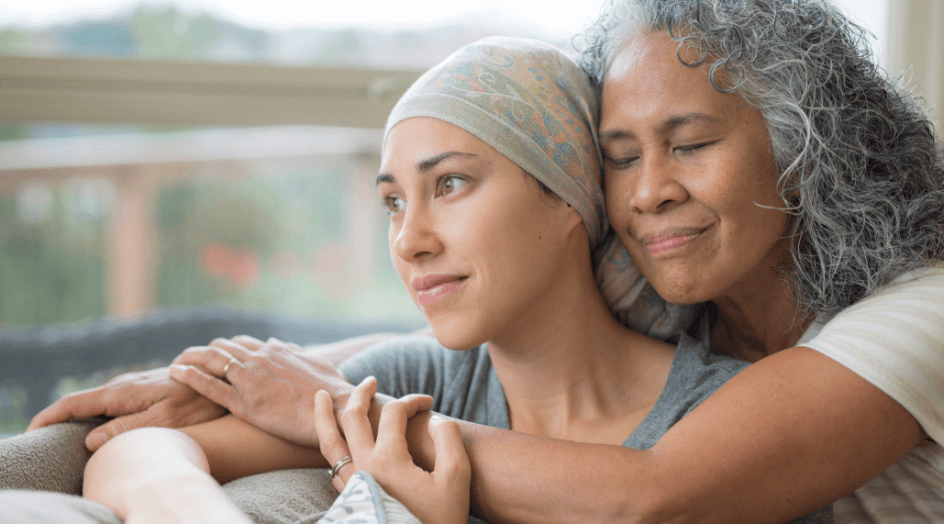Diversity, Equity, and Inclusion
Making our investigational therapeutics available to more diverse patients in more locations
Increasing diversity and fostering inclusion among clinical trial participants ensures that trial results help reduce current disparities in healthcare. It also helps ensure that medicines that are developed based on trials will best address the needs of different types of patients who will use them.
Unfortunately, participants in clinical trials historically have not been diverse. The scale of this disparity is evident in a 2022 analysis of U.S. clinical trials conducted between 2015 and 2018. The study showed that 78% of clinical trial participants were non-Hispanic whites, even though they make up only 58% of the population. Blacks or African Americans, who have the highest mortality and lowest survival rates for most types of tumors, make up 13.4% of the nation’s population—yet the study found that in trials for 24 of 31 cancer drugs approved by the FDA since 2015, fewer than 5% of the participants were Black or African American.
A major reason for this lack of diversity is that so many potential participants lack the option to join a trial. They either are unaware of trial opportunities, or they live too far from traditional trial centers to travel there regularly.
ImmunityBio is striving to change this paradigm by making trials more accessible to a more diverse set of participants—of all races, ethnicities, gender and gender identities, sexual orientations, ages, physical abilities, living conditions, and geographic locations.
As part of our patient recruitment efforts, we are working with advocacy groups, community leaders, and other stakeholders to raise awareness of our trials in communities that have historically not been involved in clinical studies.

ImmunityBio encourages practitioners to learn about available clinical trials and speak to their patients about the opportunity to enroll in trials appropriate for their condition. We encourage patients, especially those in groups traditionally under-represented in trials, to ask their doctors about available clinical trials and discuss how enrolling could provide them early access to potential novel treatments while also helping make these treatments more widely available, robustly researched, and better tailored for themselves and others with their distinct characteristics.
